Publications
Articles, publications, books, tools and multimedia features from the U.S. Institute of Peace provide the latest news, analysis, research findings, practitioner guides and reports, all related to the conflict zones and issues that are at the center of the Institute’s work to prevent and reduce violent conflict.
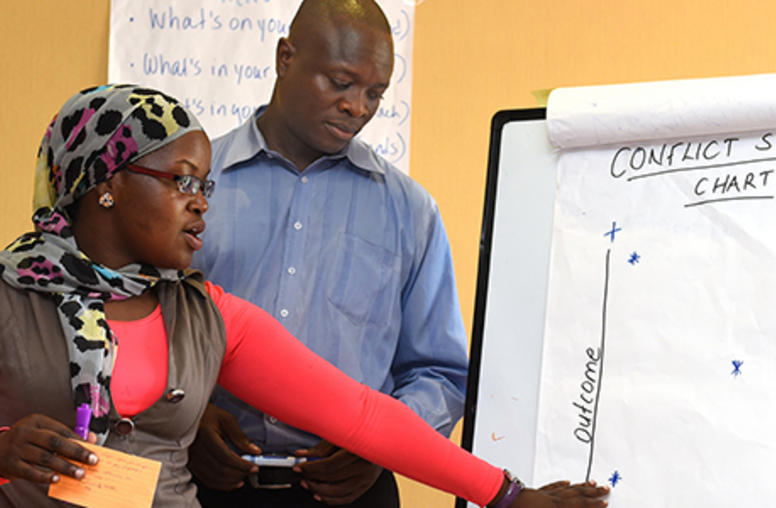
Landmark U.N. Resolution Elevates Youth in Work for Peace
In a landmark decision, the United Nations Security Council this week adopted its first resolution to address the critical role that young people play in preventing and resolving conflict. Resolution 2250 on Youth, Peace and Security, which passed with the unanimous support of the U.N.’s 193 member states, is especially vital given that more than half of the world’s population is under the age of 30, and 70 percent of them are concentrated in Africa and the Middle East, two regions roiled by violent conflict.
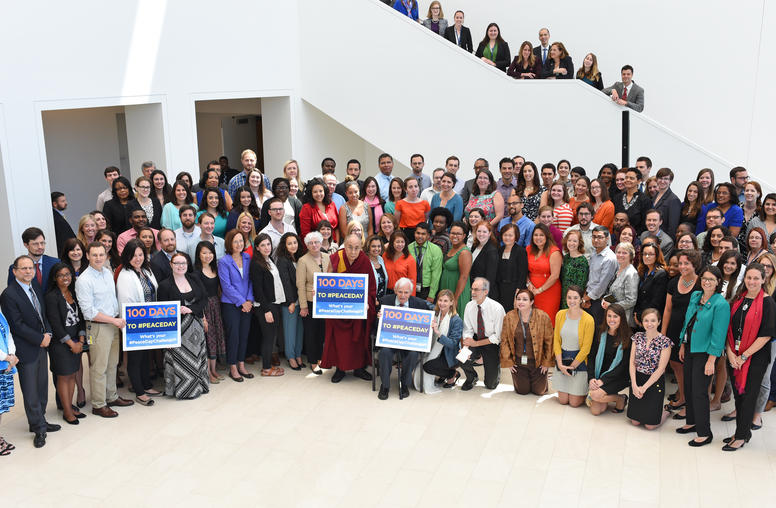
To Build Peace, Take Action: Peace Day Challenge 2016
His Holiness the Dalai Lama made a powerful point during a visit to USIP last month, a day after the Orlando nightclub shooting that killed 49 people and wounded 53. After leading the audience in a moment of silence for the victims and survivors, he noted his own skepticism about the power of prayer alone. “The real effect,” he said, “comes through … serious action.”
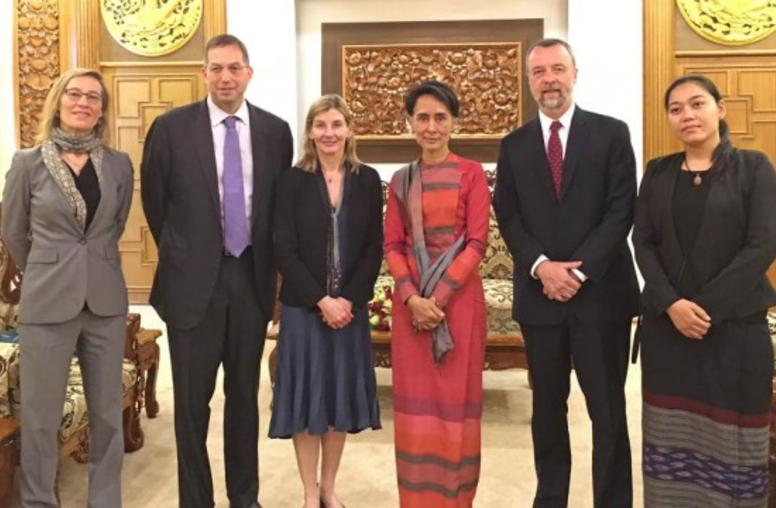
Burma is Still on the Rocky Road to Democracy
When the iconic democracy champion Aung San Suu Kyi won her historic, landslide election in Burma (Myanmar), she was met by soaring expectations, as well as by the formidable challenges of violent conflicts, a stuttering economy and the significant constraints of sharing authority with a still-powerful military.
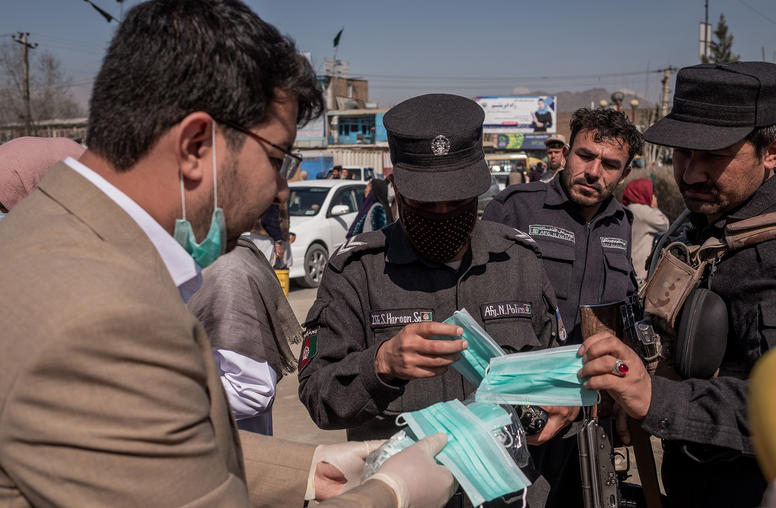
The Coronavirus is a Call To Build Resilience in Fragile States
As more developed nations have struggled desperately to contain and manage the COVID-19 pandemic, the specter of the virus rolling through the more fragile countries in the Sahel, Horn of Africa, and parts of the Middle East is a terrifying, slow-motion train wreck with the potential to trigger a devastating multidimensional-tiered health, economic, political, and security crisis. It also provides an urgent call to action to do things differently in fragile states so they can recover better.
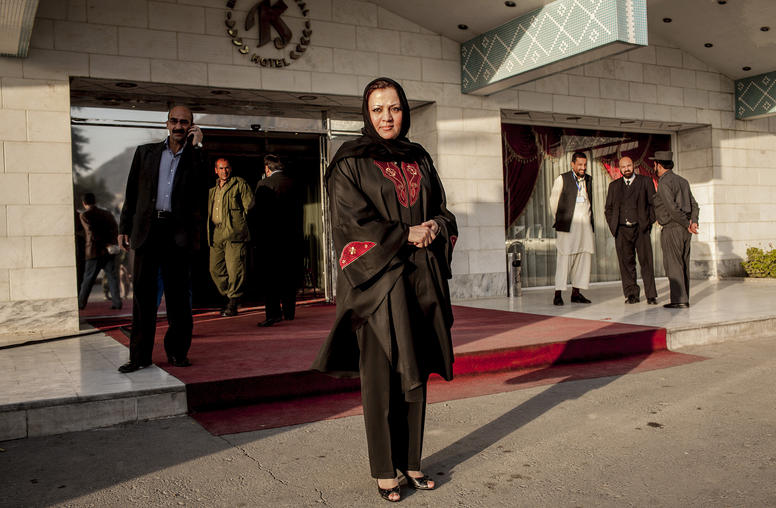
What Women Have Won
Five years ago, as the newly appointed and first woman president of the United States Institute of Peace, I was celebrating International Women’s Day in Kabul with the wonderful Afghan women on our USIP country team. Having first visited Afghanistan in 1997, when the country was in the grip of the Taliban, it was a joyous opportunity to mark nearly two decades of progress with this group of professional women—lawyers, scholars, and program managers.
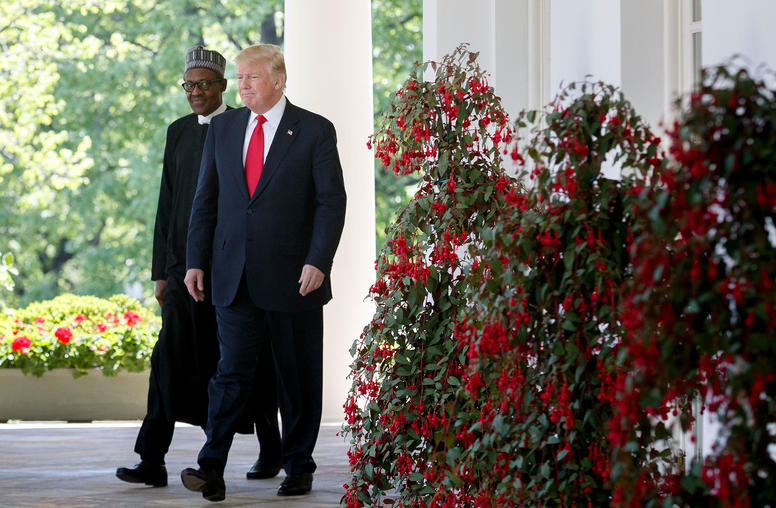
Democracy and Security in Africa Depend on Nigeria
When Nigerian President Muhammadu Buhari met with President Trump on Monday, much attention was paid to the importance of counterterror efforts and economic investments that will help the country continue its climb out of its deep recession. These are both critical areas for U.S. focus and assistance, but will not ultimately be sufficient to resolve Nigeria’s internal and regional security challenges.
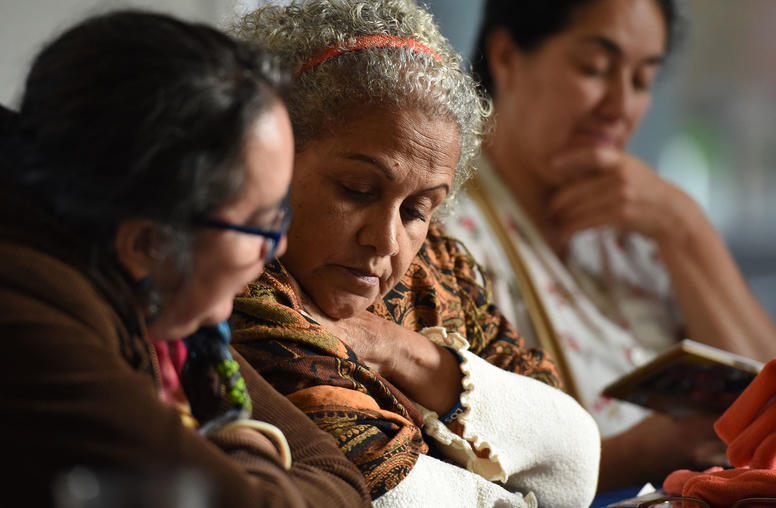
The Essential Role of Women in Peacebuilding
Evidence indicates that women participants in peace processes are usually focused less on the spoils of the war and more on reconciliation, economic development, education and transitional justice – all critical elements of a sustained peace.
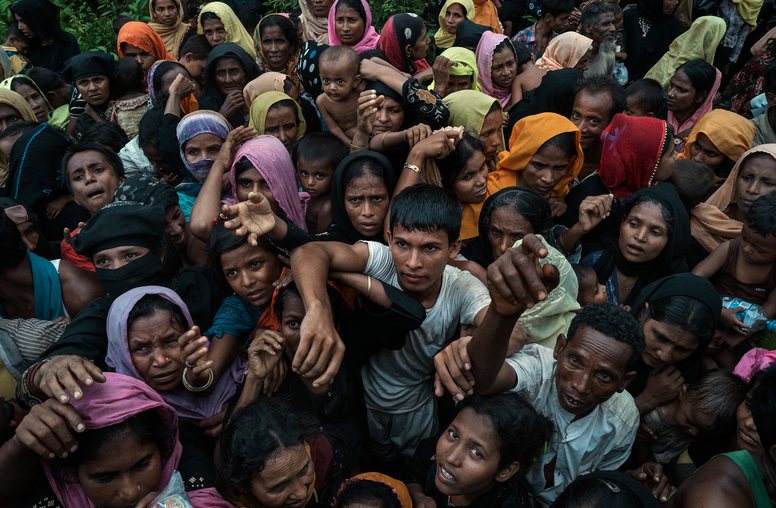
Democracy in Myanmar — combating the Rohingya Crisis
The indisputable fact of the unfolding Rohingya crisis is that more than 600,000 people have been forced to flee across the Burmese border into Bangladesh since August, with terrible reports of rape and ethnic cleansing. Beyond that, however, the facts of what happened — and how — dissolve into confusing and competing narratives, underscoring the difficulty of resolving a complex and long simmering conflict.
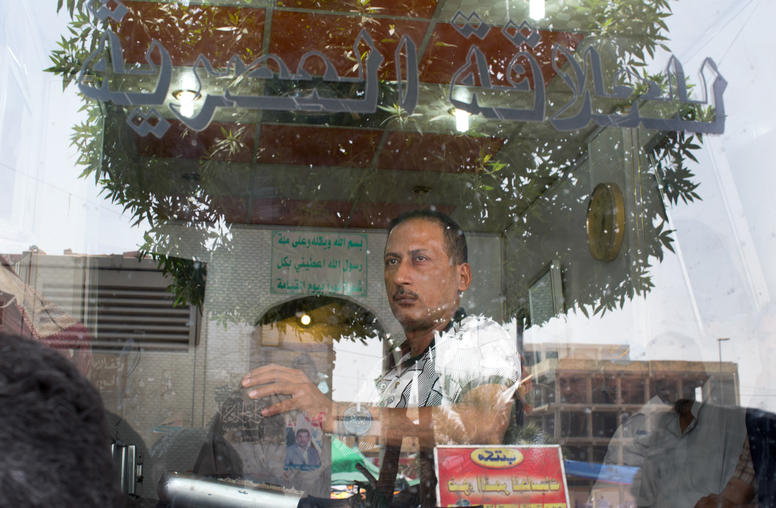
To Stabilize Iraq After ISIS, Try a Method That Worked
The farming region of Mahmoudiya, south of Baghdad, is divided by one of Iraq’s most turbulent fault lines of conflict, between the country’s Sunni and Shia tribes. A decade ago, this region of palm groves and irrigation canals was a violent al Qaeda stronghold known as the “Triangle of Death.” Yet for 2016, news reports and the United Nations’ accounting of nearly 7,000 or more civilian deaths across Iraq noted few attacks in this region, a reflection of its relative stability in recent years.
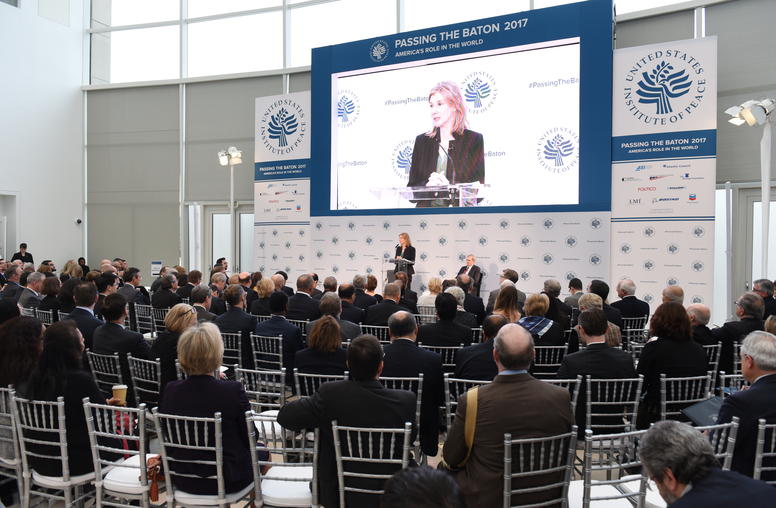
In a Divided U.S., One Event Proved There's Still Bipartisan Foreign Policy
Amid the public debate about America's divisions, it may have been easy to miss this image just days before the inauguration: the national security advisers of Presidents Obama and Trump standing side by side to vow bipartisan cooperation in the transition of authority.